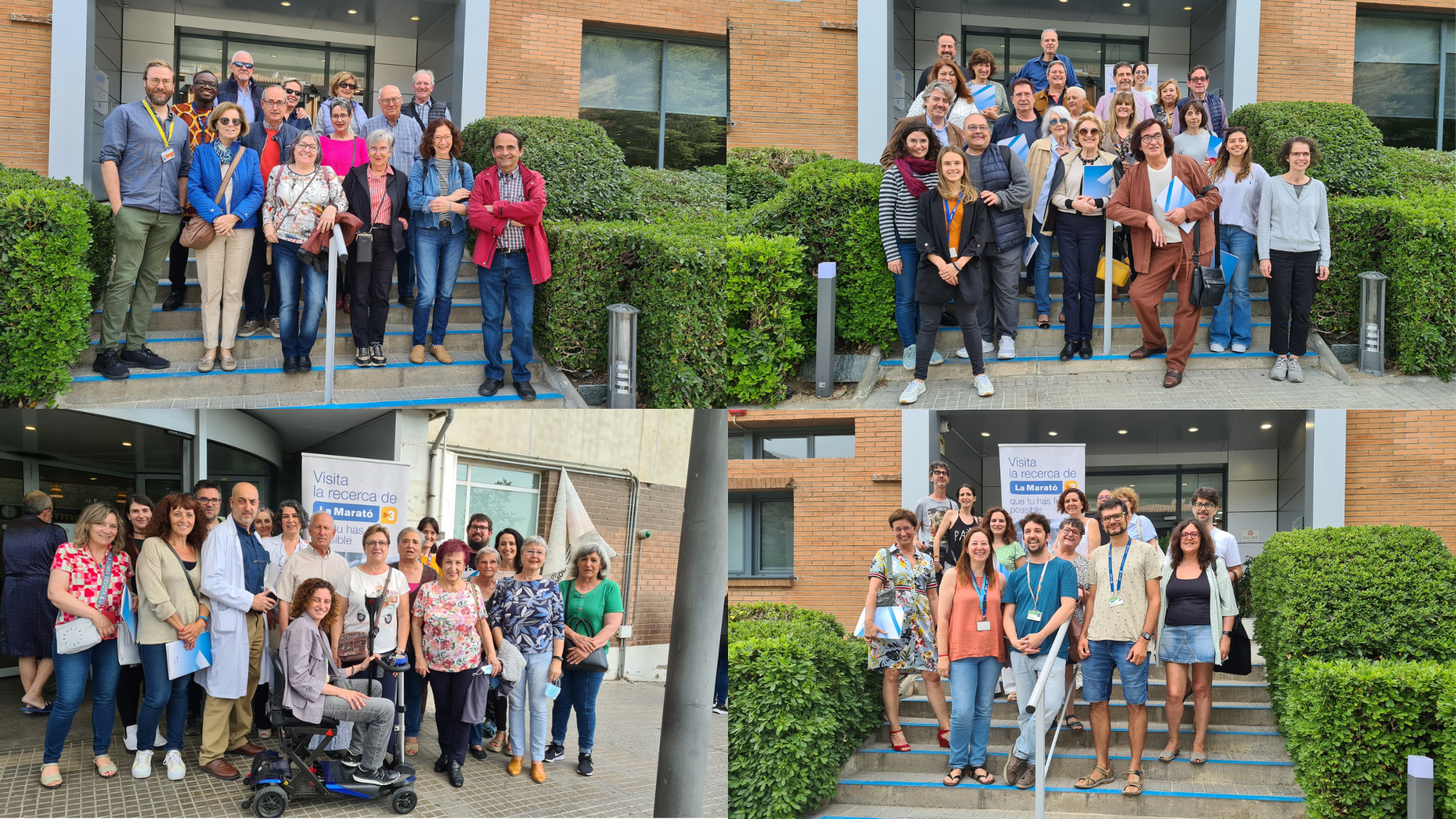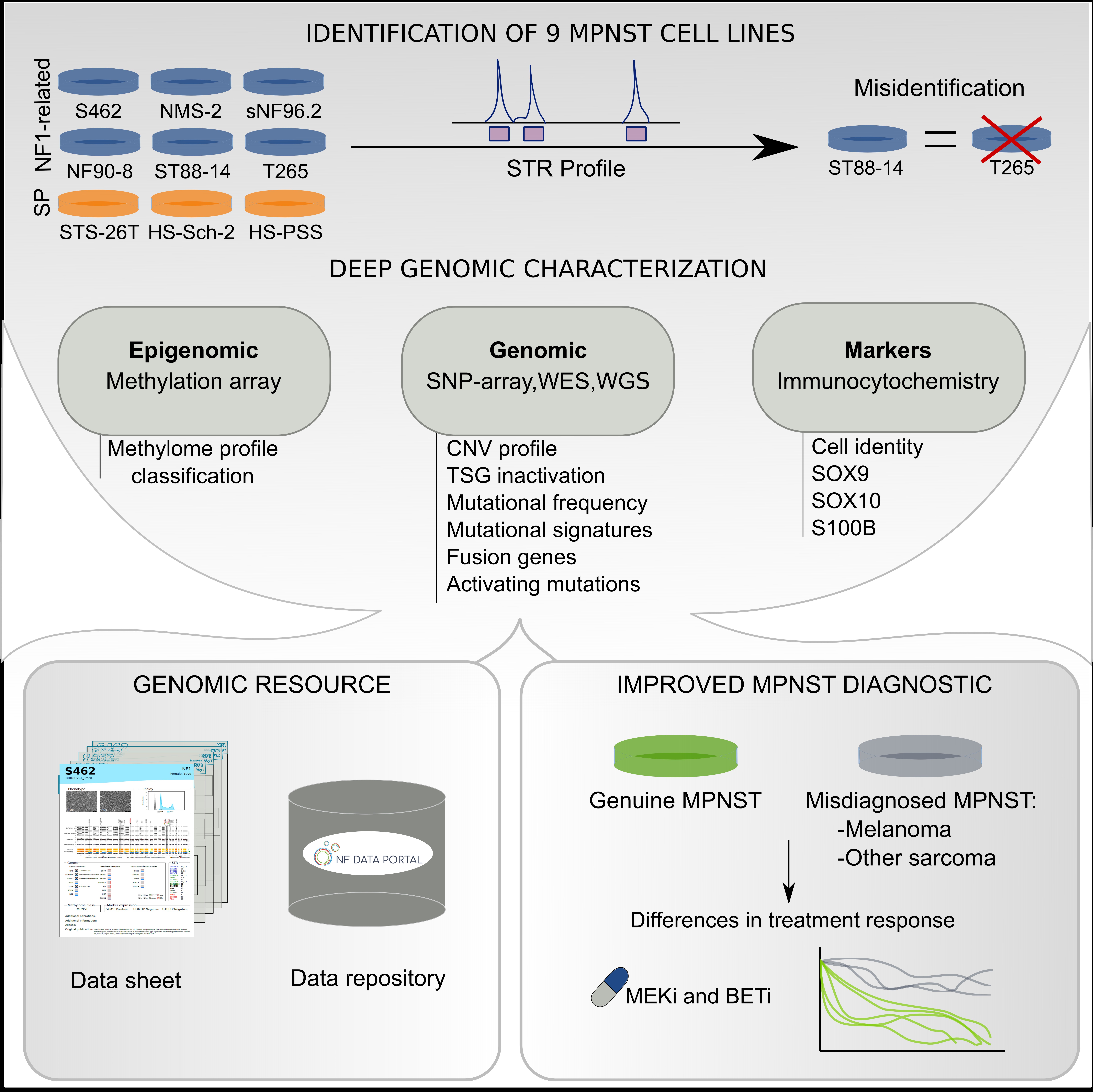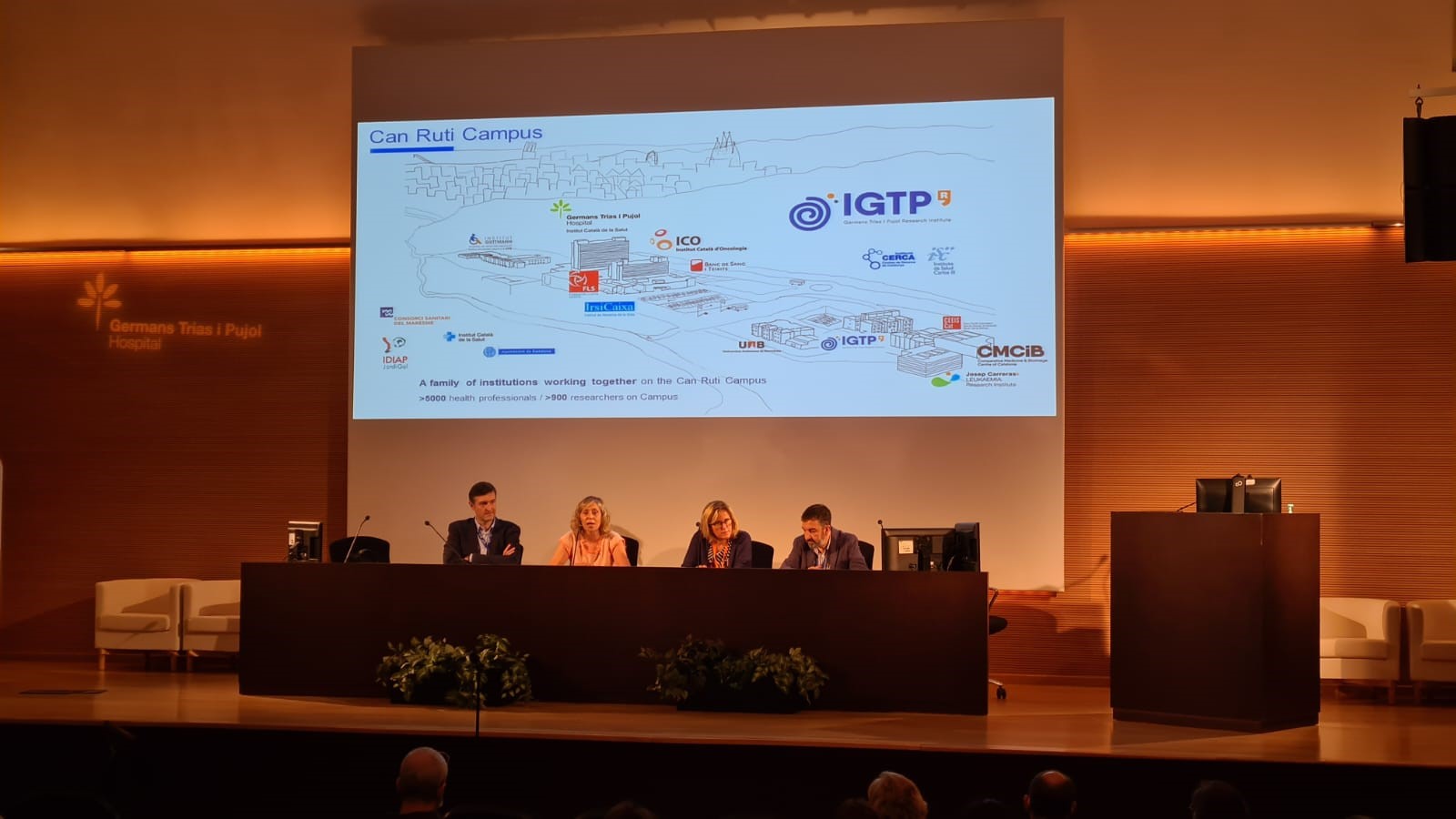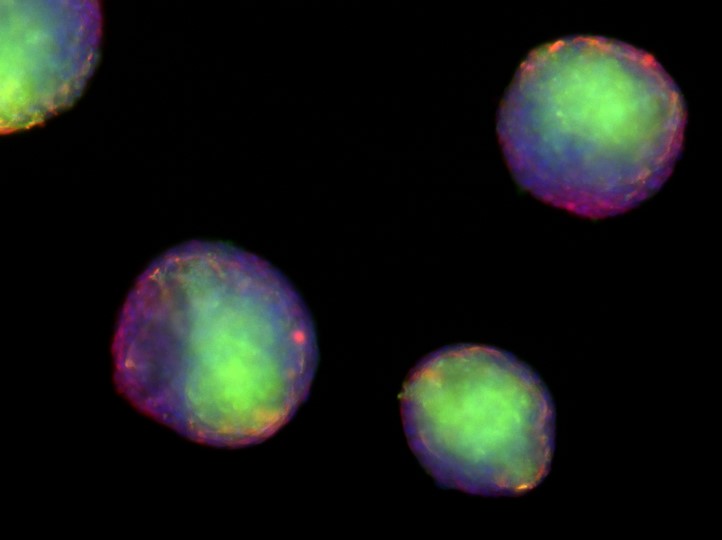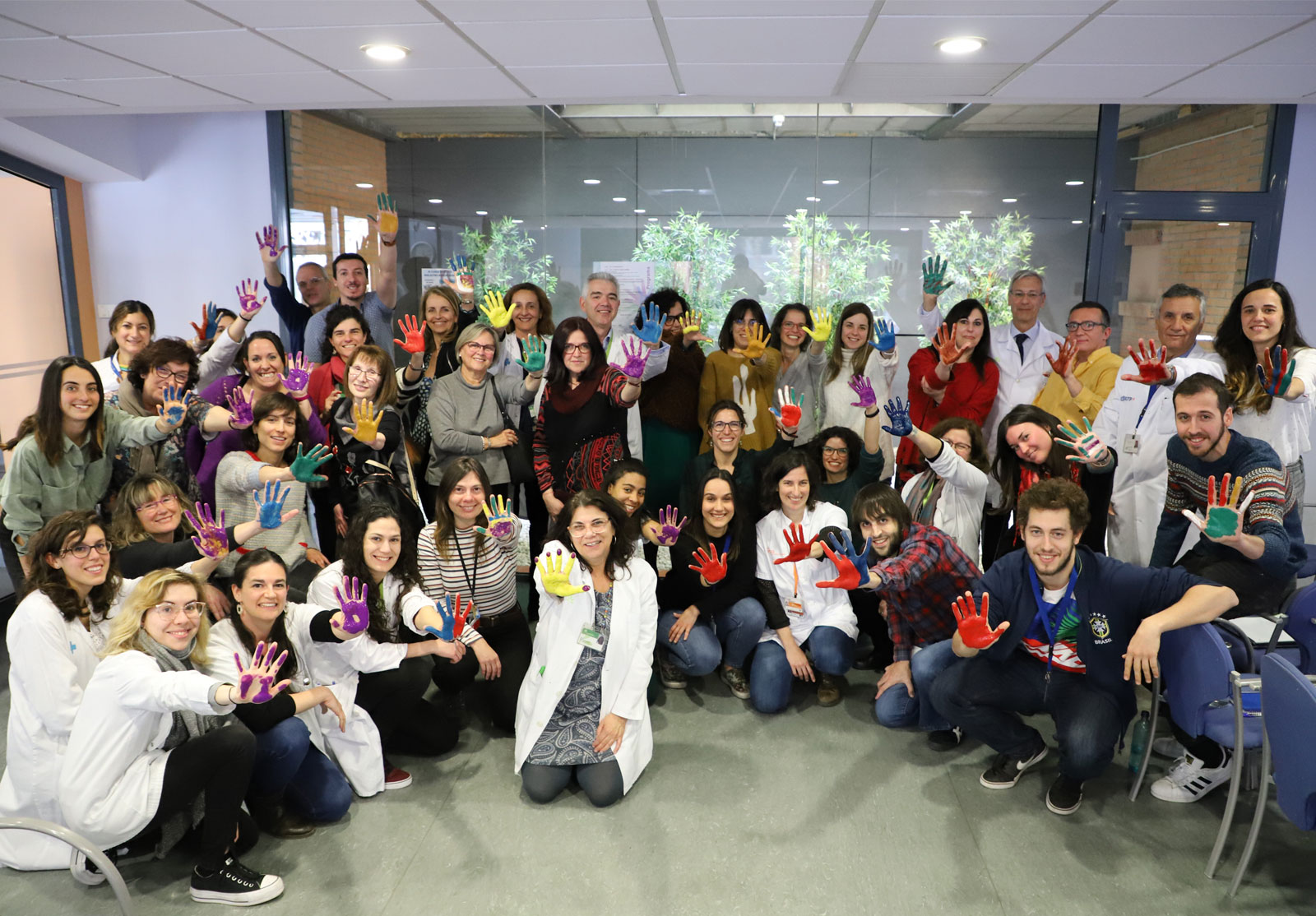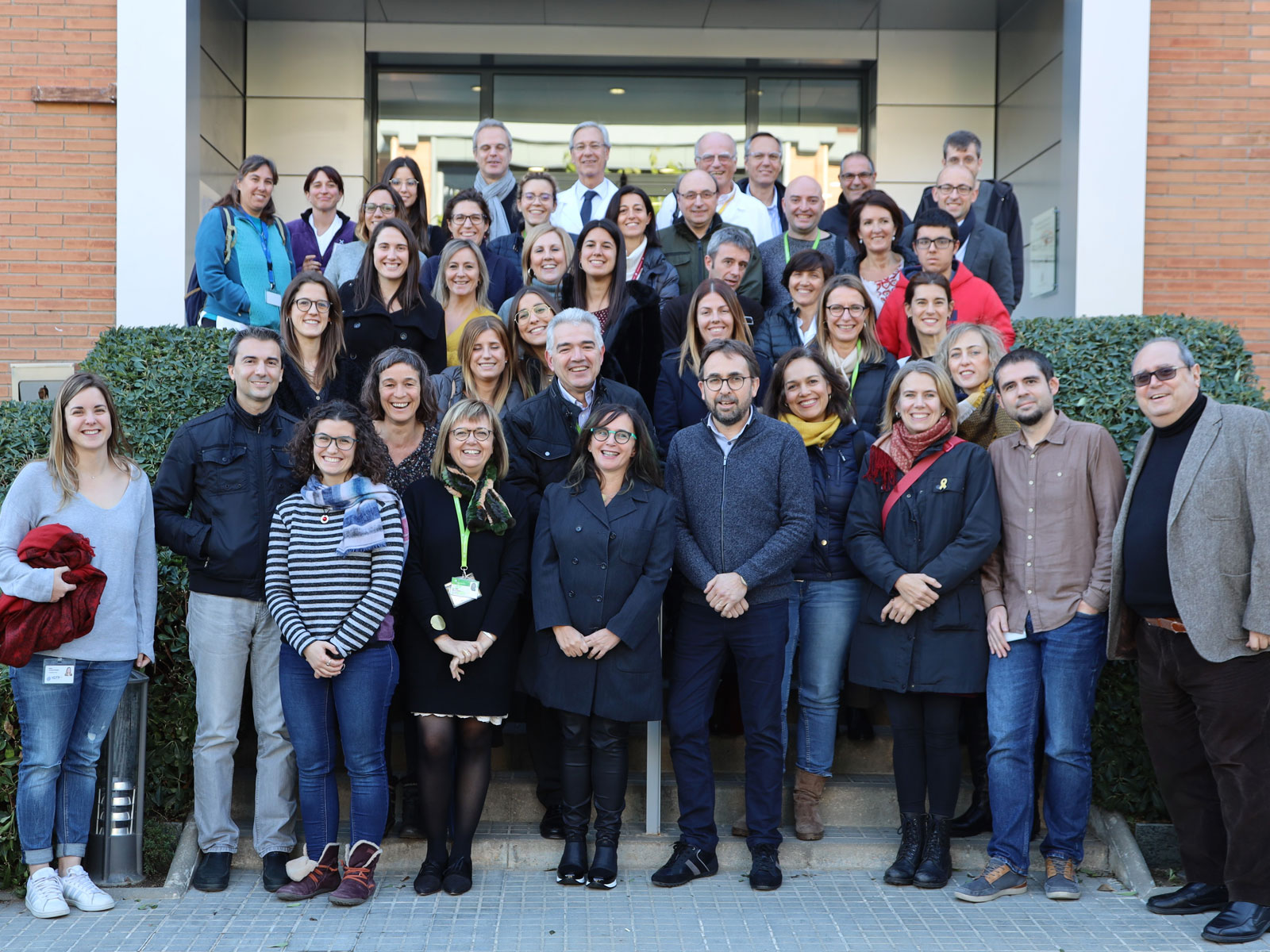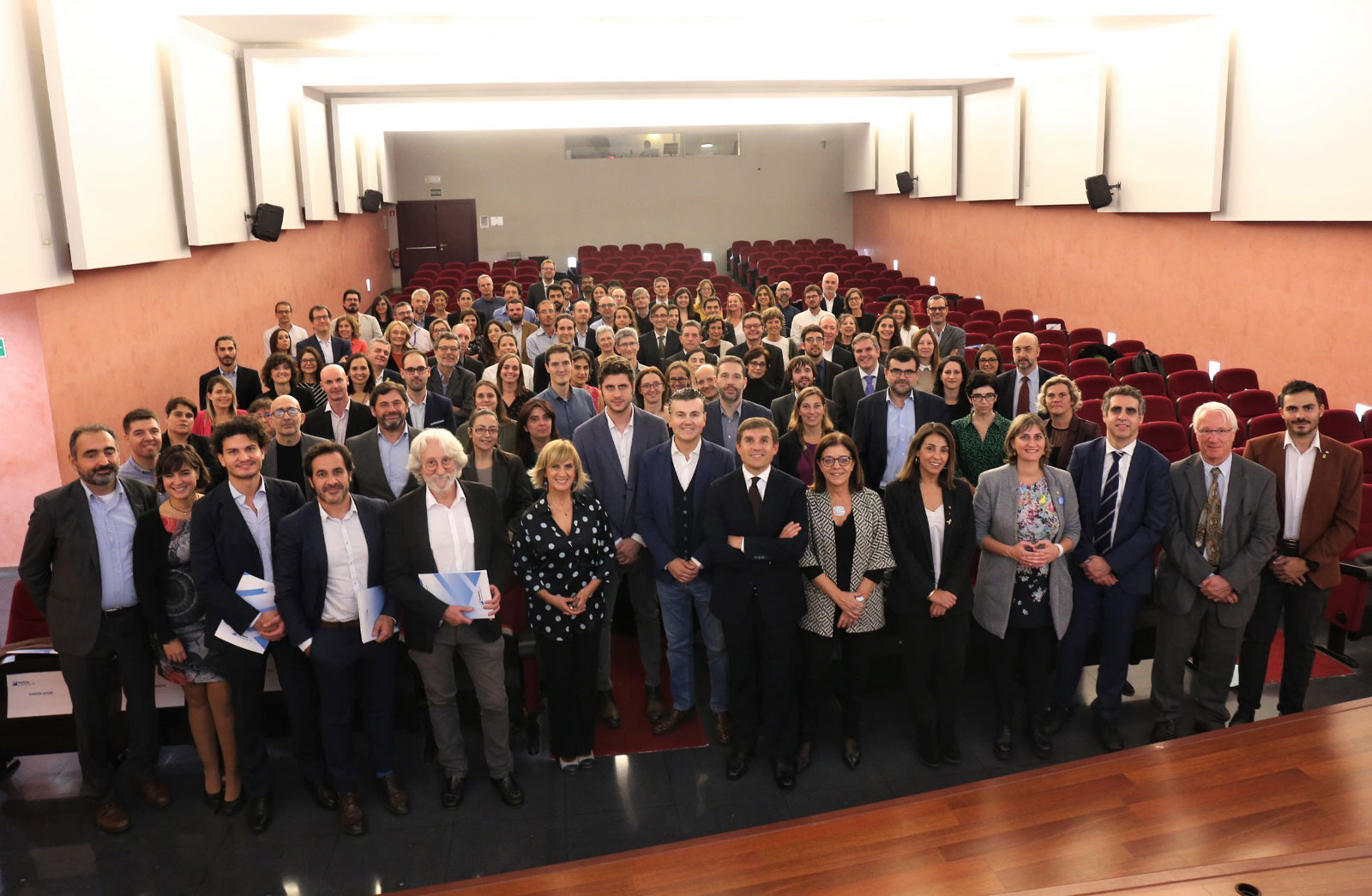IGTP wraps up successful round of La Marató visits to its laboratories
The four visits under the "Visita la recerca" (Visit the research) cycle of the Fundació La Marató de TV3 at the Germans Trias i Pujol Research Institute (IGTP) have drawn to a successful close. More than 50 collaborators have had the opportunity to gain insight into various research projects funded through this charitable initiative.
